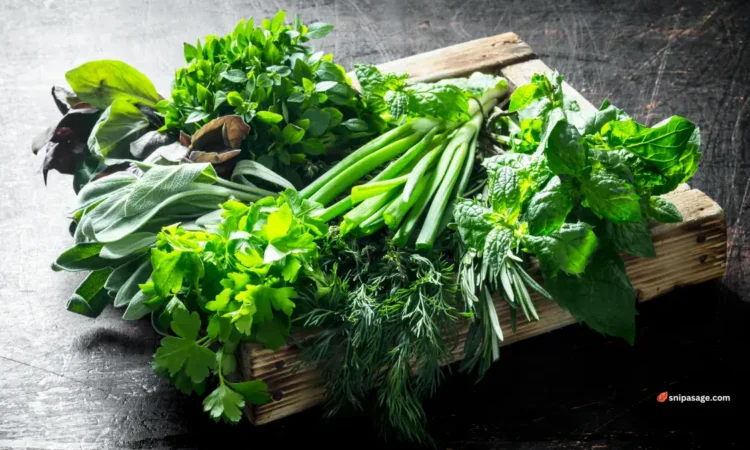Starting a best Winter Herbs Garden is essentially about growing these special plants that taste good and have a nice smell, even when it’s cold. Winter doesn’t mean you have to bid farewell to your herb garden. Whether you’re a beginner or have a bit of gardening know-how, this guide is here to help you create a beautiful herb garden. Sprinkle some excitement into your winter days easily.
With thoughtful planning and the right selection of herbs, you can enjoy fresh flavors and a thriving garden even in the colder months. In this guide, let’s check out the herbs that work well in winter and some easy tips for looking after them.
Best Winter Herbs Garden Perennial That Come Back Every Year
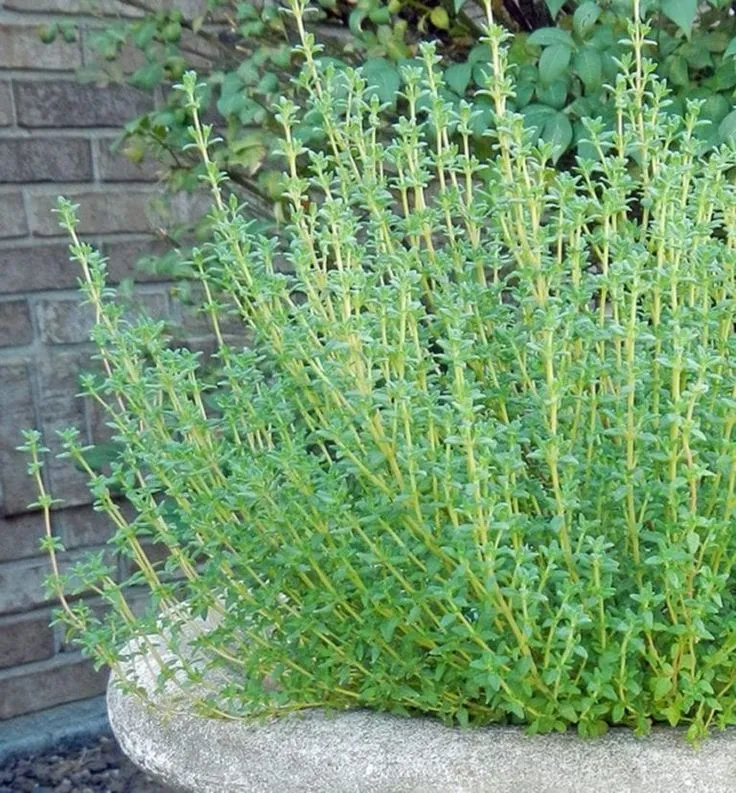
1. Thyme (Zones 5 to 9):
Description:
Thyme oregano is a strong herb with little, fragrant leaves. People like it in cold weather because it tastes earthy and a bit sweet.
How to Grow:
- Please put it in soil that drains well and gets lots of sunlight.
- Don’t water too much—let the soil get dry between watering.
- Use it to add flavor to meats, stews, and roasted veggies.
2. Chives (Zones 3 to 10):
Description:
Chives are a versatile hardy perennial herb. People use these fresh herbs in a variety of dishes. Chives are hardy herbs with slender green leaves and a mild onion-like flavor.
Cultivation Tips:
- Thrives in rich, moist soil and partial sunlight.
- Regular pruning encourages continual growth.
- Great for garnishing salads, soups, and omelets.
Grow them from seeds or small divisions of the root. They are also resistant to pests and diseases.

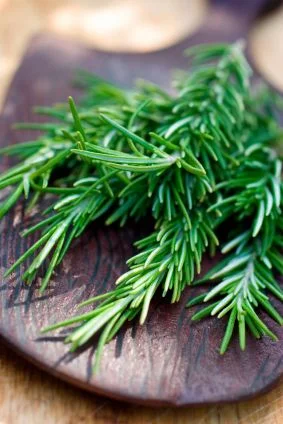
3. Rosemary (Zones 6/7 to 10):
Description:
Rosemary is an evergreen hardy plant with thin leaves that smell like pine. Rosemary is native to the Southern European region and grows best in warm, sunny windowsill climates. Also:-
Growing Tips:
- It likes soil that drains well and plenty of sunlight.
- Cut it back often to keep it in a nice shape and make it bushy.
- It makes roasted meats and potatoes taste even better.
4. Mint (Zones 3 to 8):
Grow mint easily as it is a perennial herb commonly used in cooking. Its medicinal properties and popularity in herbal remedies have earned it renown.
Description:
Mint is a strong herb with a fresh, fragrant scent and various flavors like peppermint and spearmint for winter garden.
Cultivation Tips:
- Grows well in partial shade and moist soil.
- Consider planting in containers to control its spread.
- Perfect for teas, desserts, and cocktails.

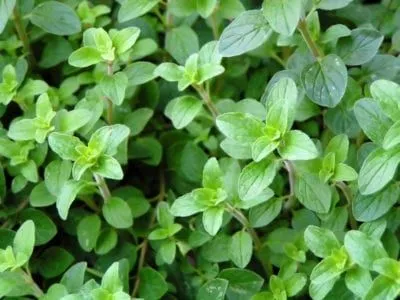
5. Greek Oregano (Zones 5 to 9):
Description:
Greek Oregano is a strong herb with a powerful, earthy taste.
Growing Tips:
- Please put it in soil that drains well and gets lots of sunlight.
- Trim it often to make it bushy.
- It makes Southern European dishes taste even better.
6. Lemon Balm (Zones 4 to 9):
Description:
Lemon Balm is a herb that smells like citrus and has leaves with little jagged edges. It helps you feel calm.
Growing Tips:
- It likes some shade and soil that drains well.
- Pick its leaves often to help it keep growing.
- Use it for making teas and flavored drinks.

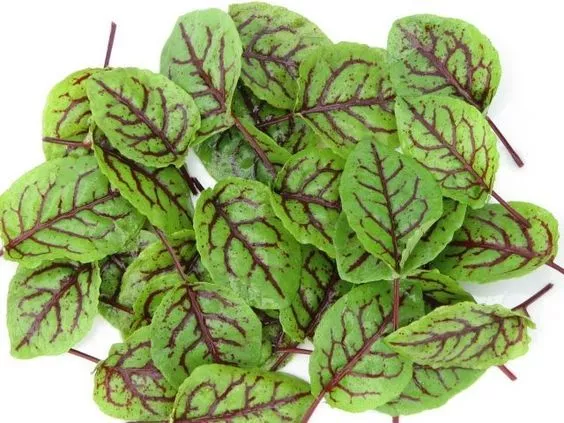
7. Sorrel (Zones 5 to 9):
Description:
Sorrel is a tangy herb with bright green, arrow-shaped leaves. These attractive perennial herbs are planted in the winter months. With a tangy flavor, it is used in soups and stews.
Cultivation Tips:
- Enjoys rich, well-drained soil and partial sunlight.
- Harvest young leaves for salads and mature leaves for cooking.
- Adds a zesty kick to soups and sauces.
8. Sage:
Description:
Sage is an herb known for its calming and healing properties. Sage is an aromatic herb with grayish-green leaves and a savory, slightly peppery flavor.
Cultivation Tips:
- Plant in well-drained soil and provide ample sunlight.
- Prune regularly to maintain shape and encourage new growth.
- Enhances the flavor of poultry dishes and stuffing.
Rich in antioxidants, it can also be quite medicinal. Harvest sage multiple times throughout the year in the garden or in containers.
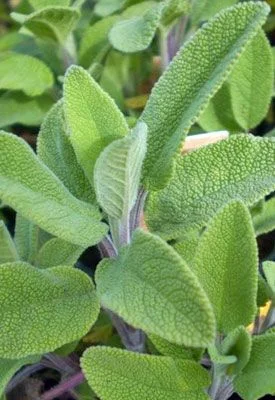
Biennial Winter Herbs Garden That Takes Two Years to Grow

9. Parsley:
Description:
Parsley is a biennial herb that grows in temperate full sun climates. Parsley is a versatile herb with vibrant green, curly, or flat leaves and a fresh, mild flavor.
Cultivation Tips:
- Plant in rich, moist soil with partial sunlight.
- Keep the soil consistently moist.
- Complements a variety of dishes, including salads, soups, and sauces.
10. Chervil:
Description:
Chervil is a delicate herb with lacy leaves and an anise-like taste.
Cultivation Tips:
- Prefers well-drained, moist soil and partial shade.
- Harvest leaves before flowering for the best flavor.
- Adds a unique touch to salads and creamy sauces.

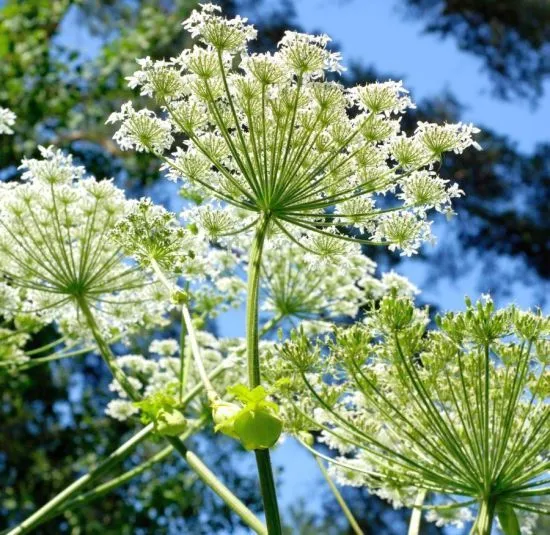
11. Angelica:
Description:
Angelica is a tall plant with stems that smell nice and have a sweet, earthy smell.
Growing Tips:
- It likes soil that is a bit wet and good for growing things.
- Give it some shade so the soil doesn’t get too dry.
- People use both their roots and stems for cooking.
Cold-ready Annual Herbs That Can Handle the Cold
About herbs that can handle the cold and only last a year (cold-ready annual) in your winter herbs garden.
12. Cilantro:
Description:
Cilantro, also known as coriander leaves, has flat, delicate leaves and a spicy, citrusy flavor.
Cultivation Tips:
- Grows well in well-drained soil with partial sunlight.
- Sow seeds successively for a continuous harvest.
- Essential in Mexican, Indian, and Asian cuisines.
In addition to being an annual herb, cilantro, also called coriander, can withstand cold temperatures. In Asian and Mexican cooking, this herb is a must. Growing it is easy, and it packs a punch with antioxidants and vitamins.
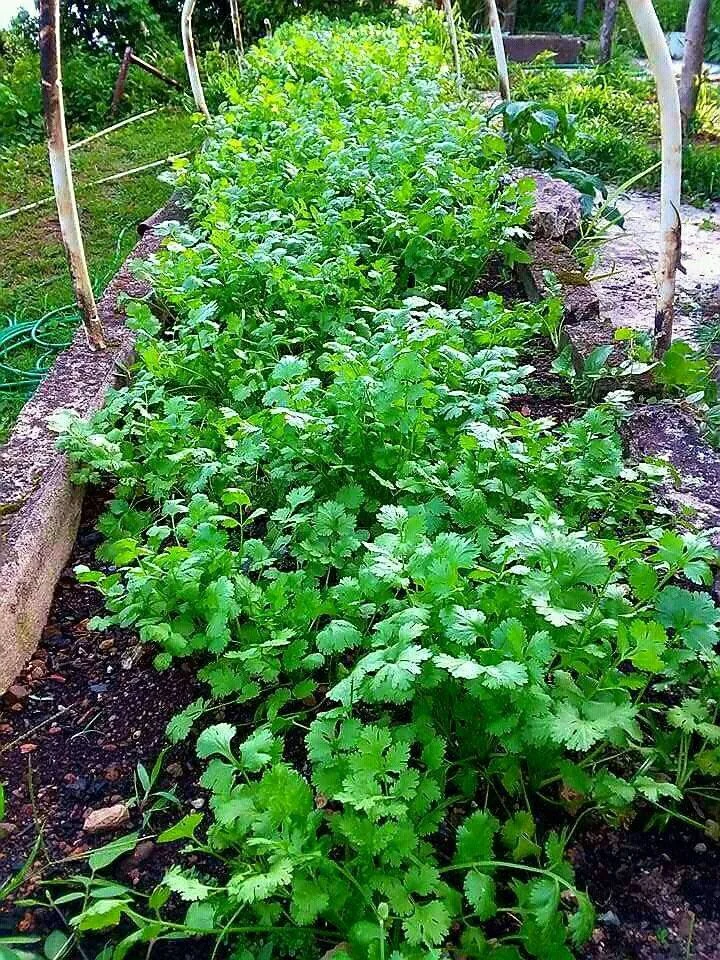
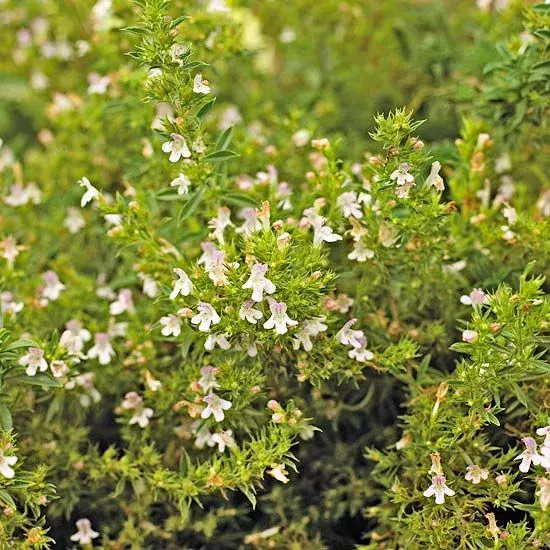
13. Winter Savory:
Description:
Winter Savory has narrow, dark green leaves with a peppery, thyme-like flavor.
Cultivation Tips:
- Thrives in well-drained soil and full sunlight.
- Harvest leaves before flowering for the best flavor.
- Enhances the taste of bean dishes, stews, and sausages.
14. Dill:
Description:
Dill has feathery leaves and a unique, aromatic flavor with hints of anise.
Cultivation Tips:
- Grows well in well-drained soil and full sunlight.
- Sow seeds directly in the garden.
- Adds a fresh flavor to pickles, fish dishes, and salads.
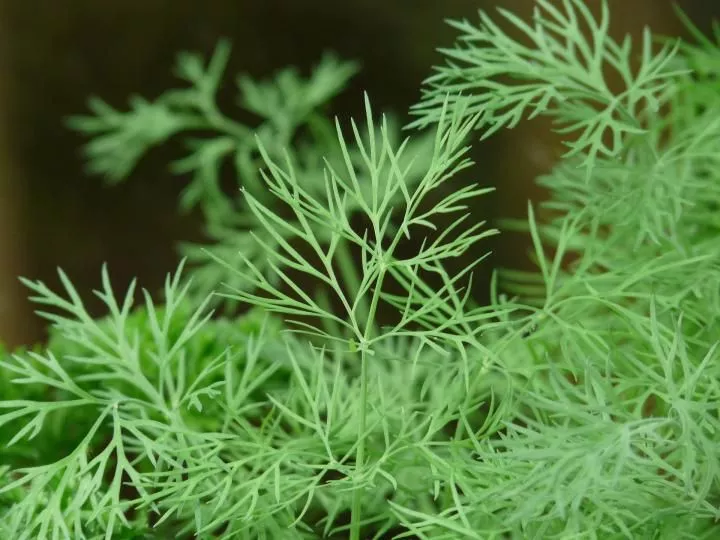
Medicinal Winter Herbs:
Winter herbs can help with different health issues. They can make breathing better, help with digestion, and make the immune system stronger. Some winter herbs known as madicin also can reduce swelling and pain.
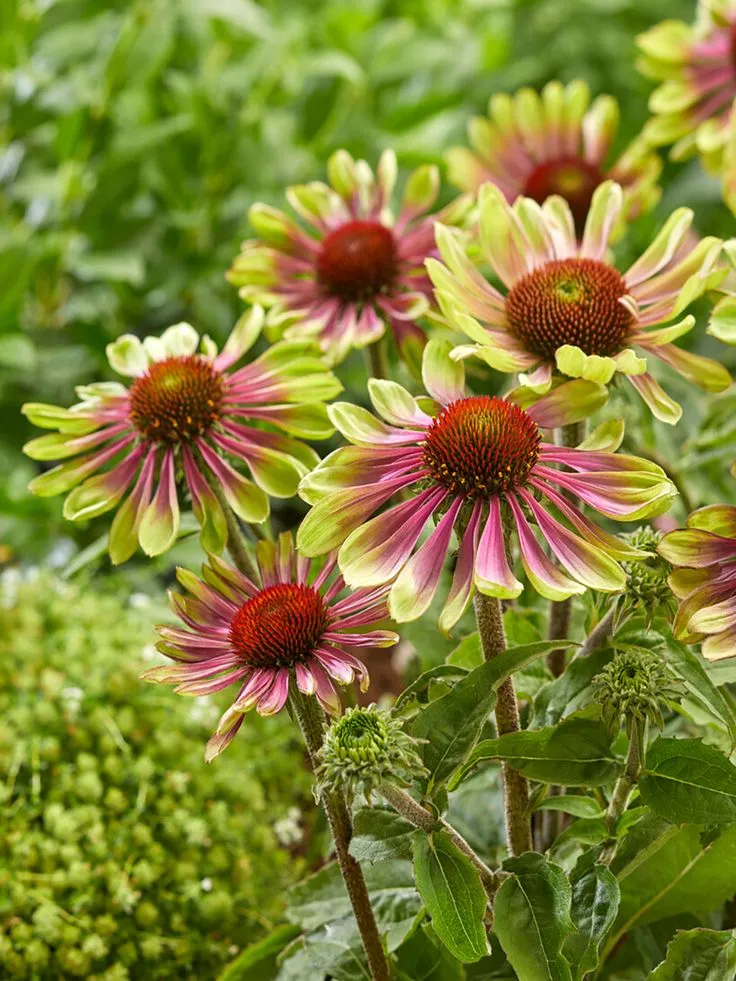
15. Echinacea:
Description:
Echinacea is a plant with flowers, and it’s famous for helping your immune system.
Cultivation Tips:
- It grows okay in different types of soil.
- Pick the upper parts for making medicine.
- People use it to feel better when they have a cold or the flu.
16. Lemon Balm:
Description:
Lemon Balm is a also medicinal plant. This herb helps you feel calm and fights viruses.
Cultivation Tips:
- It likes being in a bit of shade.
- Good news for you, It helps you when you’re stressed or want to relax.
- People use it in teas and natural remedies.
17. Peppermint:
Description:
Peppermint is a plant that feels cool and tastes nice, and it can help you feel better.
Cultivation Tips:
- It likes soil that’s a bit wet but drains well.
- Cut it back often to make it grow thick.
- People use it for teas, nice smells, and when their stomach feels upset.

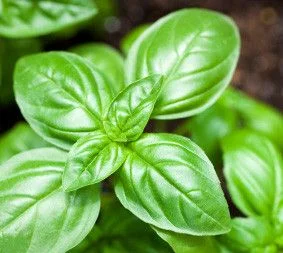
18. Basil:
Description:
Basil is a plant that smells nice, helps with inflammation, and tastes a bit sweet and peppery.
Cultivation Tips:
- Plant it in soil that drains well and gets sunlight.
- Take off the flowers so the leaves can grow better.
- People use it for cooking and natural remedies.
19. Tarragon:
Description:
Tarragon is a plant that tastes a bit like anise and helps your digestion.
Cultivation Tips:
- Please put it in soil that drains well and gets some sunlight.
- Pick the leaves for cooking and making teas.
- It makes salads and sauces taste different and nice.
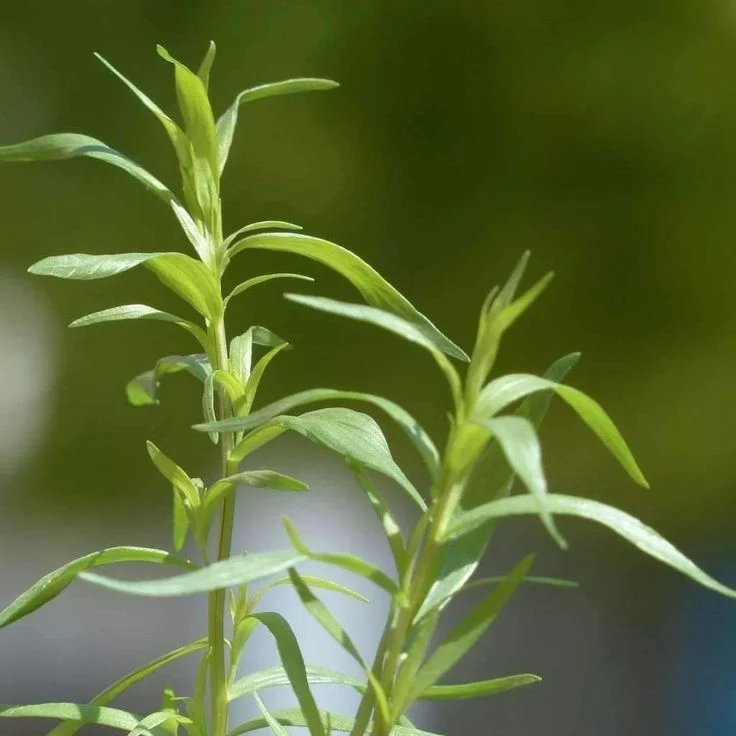

20. Myrtle:
Description:
Myrtle is a fragrant herb with anti-microbial properties.
Cultivation Tips:
- Grows well in well-drained soil and sunlight.
- Harvest leaves and flowers for various uses.
- Used in aroma therapy and skincare products.
Extra Herbs to Grow in Winter
Think about adding these herbs to make your winter herbs garden more interesting:
21. Lavender:
Description:
Lavender is a plant that smells nice, makes you feel calm, and has pretty purple flowers.
Cultivation Tips:
- It is like soil that drains well and gets sunlight.
- Cut it back often so it grows thick.
- People use it for teas, putting in little bags, and things for the bath.
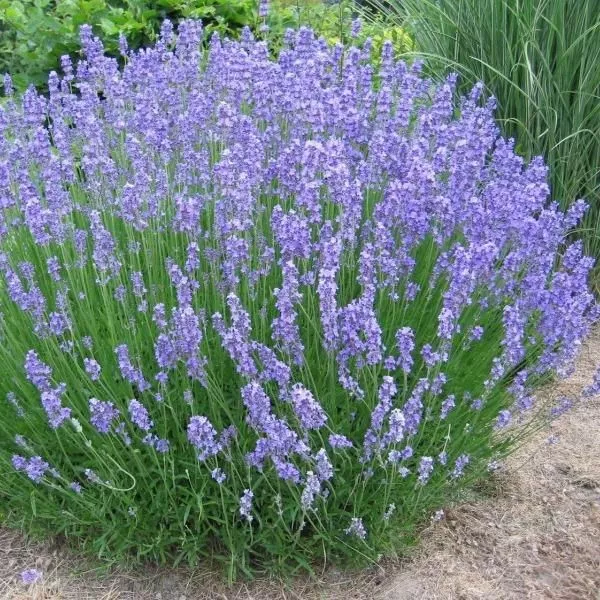
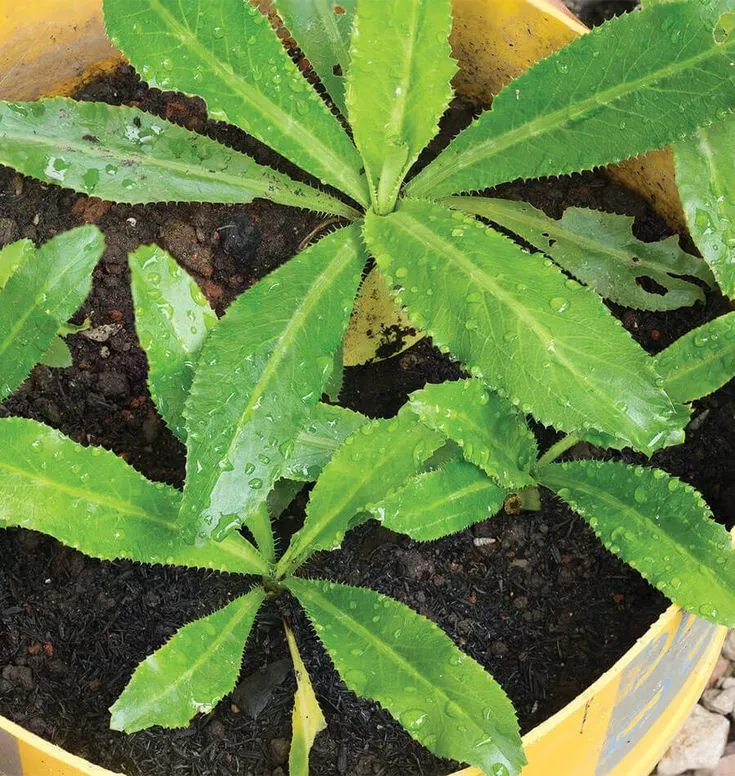
22. Coriander:
Description:
Coriander, also called cilantro seeds, tastes a bit sweet and a bit citrusy.
Cultivation Tips:
- Plant it in soil that drains well and gets a bit of sunlight.
- Put the seeds right in the garden.
- It makes food taste good, especially in Asian and Mexican dishes.
Simple Tips for Care and Maintenance in Best Winter Herbs
Mulching: Put a layer of mulch to keep the soil warm and protect the roots.
Watering: Water a little bit, and let the soil get dry before watering again.
Protection from Frost: On cold nights, cover herbs with cloths or blankets.
Pruning: Cut the herbs often so they grow thick and keep their shape.
Indoor Cultivation: Think about growing herbs inside to keep them safe from bad weather.
Conclusion
For a great winter herb garden, just pick herbs that like the cold, plan where to plant them, and choose ones that work well where you live.
Remember that a well-kept winter herbs garden doesn’t just give you tasty herbs for cooking; it also makes your outdoor space look nice. With some care and attention, your winter herbs garden will make you happy all through the colder months. So, get ready to do some gardening, take on the winter challenge, and enjoy all the good things from your winter herbs garden.

